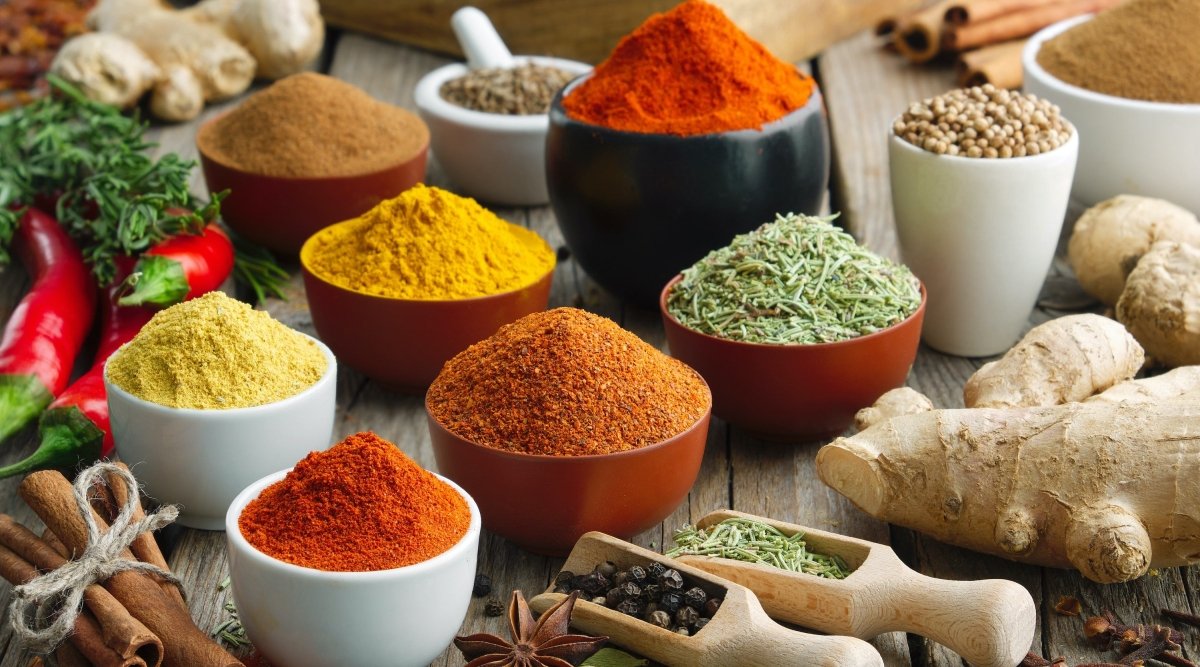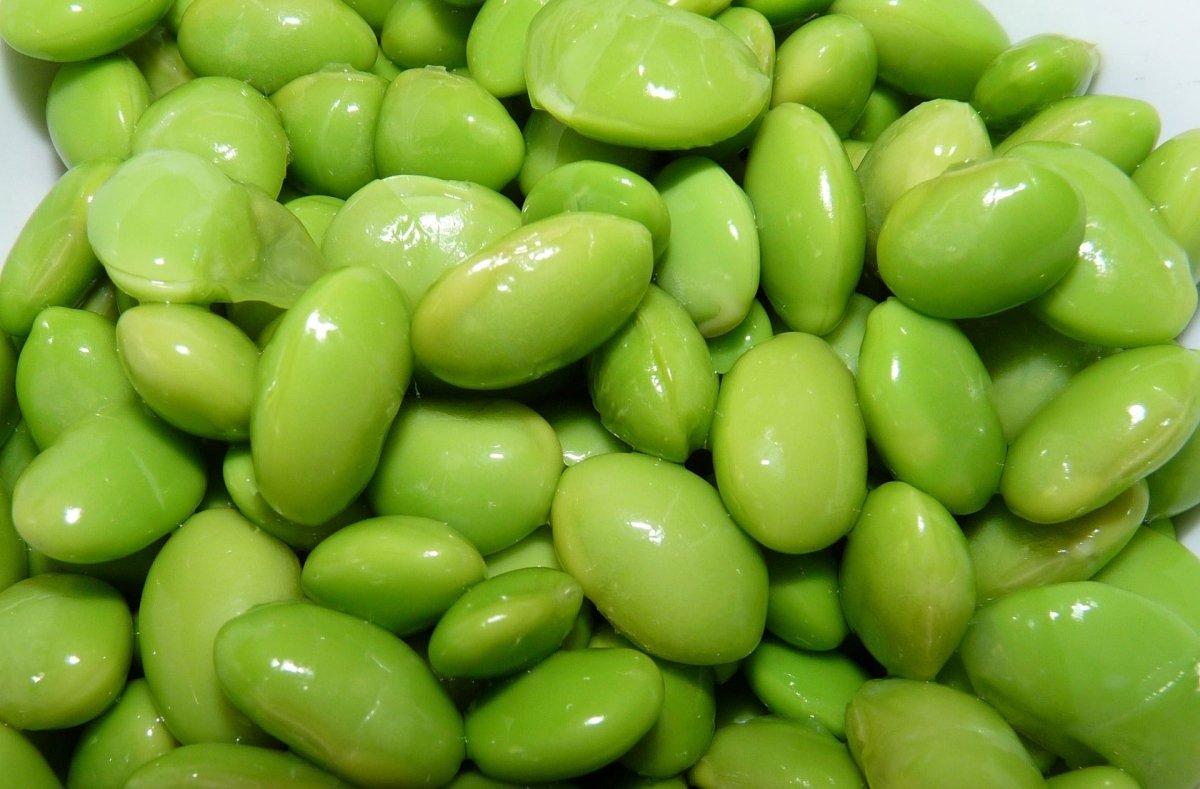We’ve talked a lot about how you can start an exercise routine, how to make better diet choices, among many other practical tips for a healthy physical style. So, what else can we possibly offer?! Well, there really are a lot of important pieces of information that can help you start living a fulfilling physically healthy life. Here are the rest of the “tips” on keeping your body healthy and we think you will be glad you put some thought into it!
Exercise vs Diet
I’ve been asked, “If I can focus only on one, what’s more important? Exercise or diet.” The answer, really it depends on how committed you are to living well. I think if you’re going to focus on eating a really great diet though, it will make the exercise part come along almost on its own. Let’s face it, if you’re eating better, you’ll feel better and help you WANT to exercise. I think this helps, “calories in: calorie out.” If you want to maintain where you’re out, the amount and type of food you eat (calories in) should be equal with how active (calories out) and the energy you expend is. If you’re unhealthy and have weight to lose, your calories in should be less than how much energy you spend. If you are too skinny (are you thin but always weak and too tired?), your calories in should be more than how active you are. Of course, what kind of calories plays a HUGE role but it’s a good rule of thumb.

https://www.cod.edu/people/faculty/osulliva/phys1554/WeightMatters/calories.html
Abstinence from Addictive Substances
Balance is always a key physical health component. Although most times people refer to addiction to the use of harmful substances, I believe sometimes it can include more. The definition for addiction is being physically and mentally dependent on a particular substance with an inability to stop taking it without incurring adverse effects. Addiction can affect our overall performance, physical health, mental health and relationships. Substances such as alcohol, cigarettes, drugs – even pornography – are known to be addictive.

Alcohol is the most commonly used addictive substance in America. According to the National Council on Alcoholism and Drug Dependence (NCADD) one in 12 adults suffering from alcohol abuse or dependence. Long term alcohol use can cause serious health complications, can damage emotional stability, finances, career and impact one’s family, friends and community.
Many people already know about the relationship between smoking and lung cancer. Smoking is also linked to heart disease, stroke, chronic lung disease and can increase your risk for many cancers (bladder, throat, mouth, kidney, cervical and pancreatic). Smokers are not the only ones affected by tobacco smoke. Second hand smoke can have serious health hazards. Second hand smoke contributes to premature heart disease death and lung cancer deaths.
Many people do not understand why or how other people become addicted to drugs. It is often mistakenly assumed that drug abusers lack moral principles or willpower. Drug addiction is a complex disease and quitting takes more than good intentions and strong will. Drugs are chemicals that tap into the brain’s communication system, disrupt the way nerve cells normally send, receive, and process information and overstimulate the “reward circuit” of the brain. Nearly all drugs target the brain’s reward system, producing euphoric effects and “teaching” people to repeat the behavior of abusing drugs.
Drug addiction is a preventable disease. Research has shown that prevention programs involving families, schools, communities, and the media are effective in reducing drug abuse. Although many events and cultural factors affect drug abuse trends, when youths perceive drug abuse as harmful, they reduce their drug taking. Thus, education and outreach are key in helping youth and the general public understand the risks of drugs and drug dependence. Taking preventive measures are lifestyle changes that lead to long lasting improvement in physical health and wellbeing.
Rest and Sleep
While regular activity is essential for physical health, allowing the body to rest is just as important. Spending time relaxing or taking short naps can help rejuvenate the body. Sleep allows the body to feel better, improve memory, lower stress and avoid accidents. Sleep should take place in a quiet, dark environment and should last approximately 7 to 9 hours. Consistent sleep that is much shorter or longer than this duration, or is low quality, may need to be addressed by a health professional.
Aside from restful sleep, proper rest during fitness activity is necessary for achieving your goals. Remember these tips:

- Cardiovascular Fitness: While moderate-intensity cardiovascular fitness should occur on most days of the week, limit vigorous levels to at least 3 times per week, alternating with exercise and no exercise days.
- Resistance Training: Resistance training should be performed at least twice a week with at least 48 hours of rest between session. Each set of reps should also have a rest session of about 60 seconds.
- Flexibility: Stretching exercises should be performed a minimum of 2 to 3 days a week and included as an integral part of the warm up and cool down.

Making Goals and Committing to a Lifestyle Change
This is REALLY important. If you’re actually going to make a change in your life, you NEED to make goals. Becoming physically active and improving your physical health is a lifestyle change. It requires a commitment and understanding that once goals are achieved, there’s still work to be done. Goal setting is mandatory. We recommend creating a contract with yourself and if possible, finding an action partner who can provide positive motivation when times get tough.
- First things first, write down SMART goals
- Second, on a scale of 1 to 10, rate how confident you are that you will be successful at achieving your goal. Adjust our contract until you rate yourself at a 7 or above.
- Third, sign your goals as if it’s a contract.
- Fourth, choose an action partner who will help keep you accountable and motivate you to keep going. Have them sign your contract to and commit to days they will check in on your progress.
- Daily, read your goals at a specific time and visualize yourself achieving success.
Managing Self-Care and Stress
I contemplated the structure of this article and ending with goal setting. I think self-care is so important – especially to SAVE ME FROM’s mission, I wanted to conclude with it. Plus, sometimes goal setting can be a big stress in itself. Believe me, I’ve been educated in Physical Health. I’ve taught it. I try to live and breathe it. I’ve already told you if I could work out all day, I would. BUT I’m going to let you in on a secret, I STRUGGLE TOO! In fact, while writing this article, I have to come clean. I’m in a rut and really need to sign up for a race.
Self-care is the action of caring for one’s self without medical or professional consultation. Basic items, such as bandages, lozenges, and over-the-counter pain-relieving medications, should be easily accessible from home. Long-term coughing, fevers, or other ailments should be addressed through primary care. Emergency treatment should be sought when signs and symptoms are significant or life-threatening. Expanding upon that definition, it means acting to nourish your own body, mind, spirit, and social interactions to obtain a balance in your life that illicit peace and serenity, as well as appropriate coping mechanisms. Although self-care is now a trendy word, historically it has always had its place in self-help books. We’ll expand upon this healthy practice in future articles.
Stress management is another important component of being physically healthy. In high school, I was “stressed out”. Literally, I had been diagnosed with stress-induced asthma and stress rashes that surfaced during finals and sports championships. Naturally, the topic of stress interested me. It wasn’t until after I learned about eustress, the positive stress, that I learned that I could manage my stress. Eustress refers to a positive response one has to a stressor, which can depend on one’s current feelings of control, desirability, location, and timing of the stressor. When we’re experiencing manageable stress, we can achieve more. It can literally help us be more awesome. When are goals are not too far out of reach but still slightly more than we can handle, we grow, we improve, we become awesome.
Your Turn to Commit
Now it’s your turn to commit to your physical health, live better as you age and be more awesome. I’ve explained to you what physical health is and given you some helpful tools on how you can achieve physical health. Now it’s your turn. It’s up to you to decide how well you want to live your life. Save Me From is a brand with a mission to save hair, save lives and empower people. By improving your physical health, you’ll feel more empowered and inspire others to do the same. We hope you join us on this mission and make a lifestyle change for better health.





